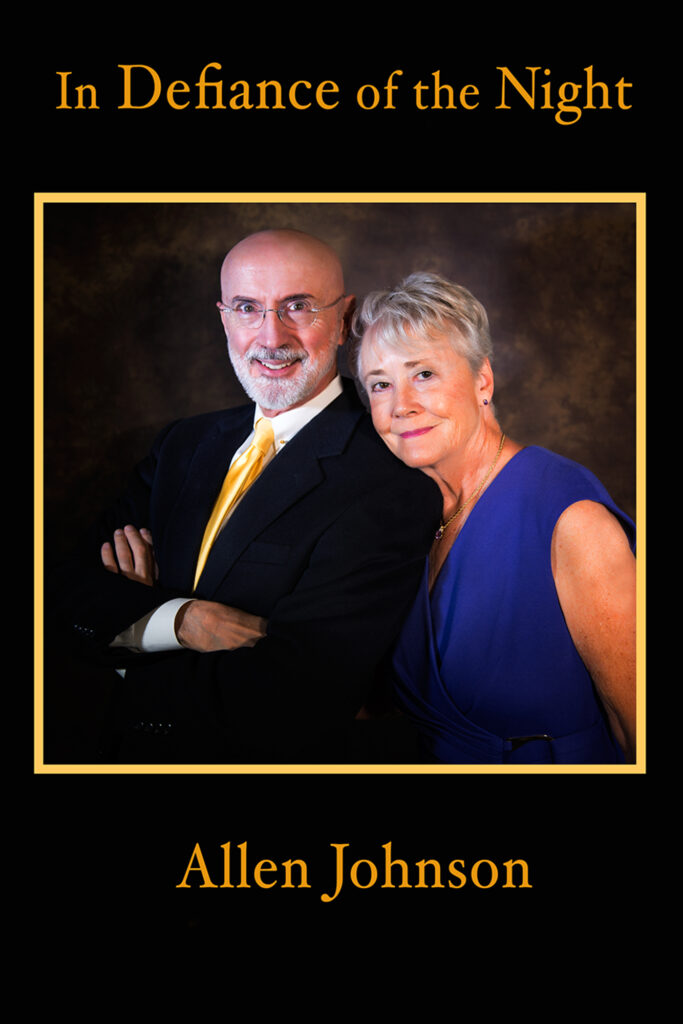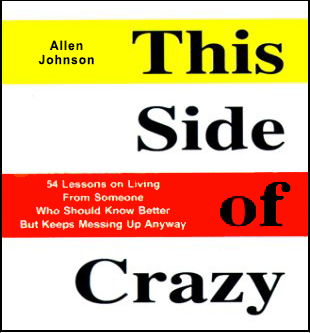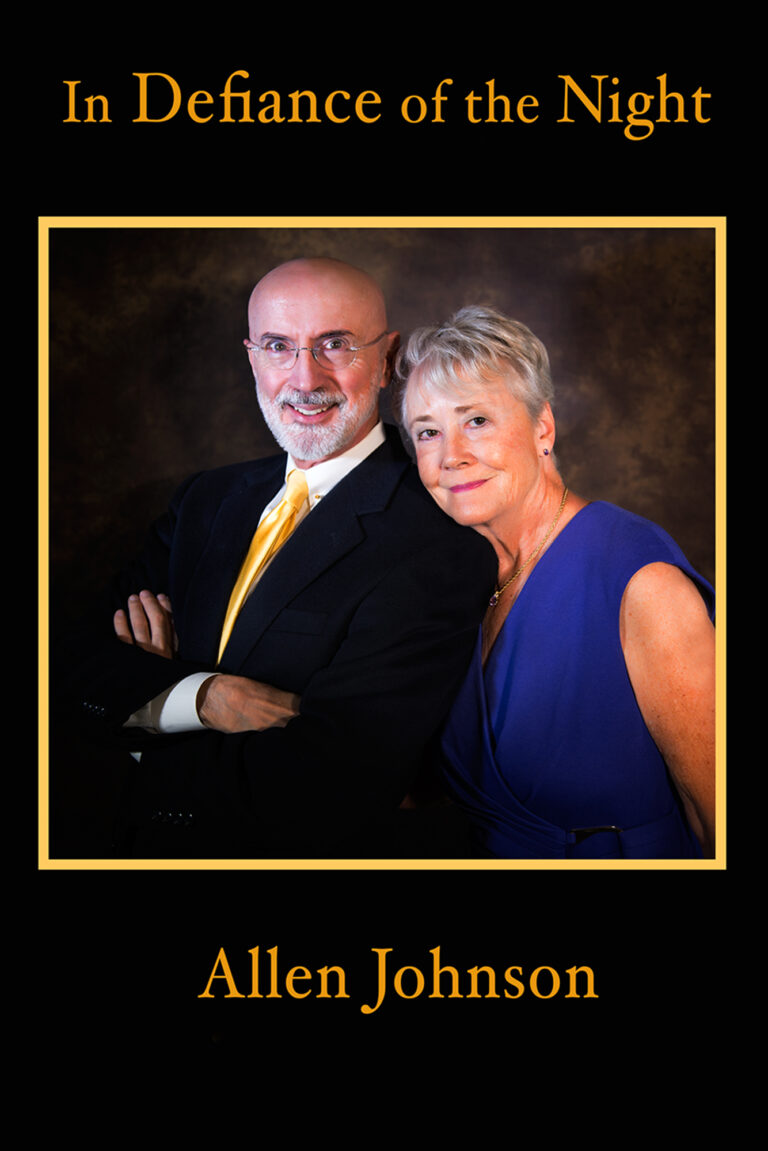We all have our gifts, some of them engaged, some of them disregarded. I am not the most gifted mortal—my looks are common, my coordination clumsy, and my intelligence ordinary. But I do have discipline, which I embrace wholeheartedly. Blessed by resolve, I’ve been the master of my life.
Until now.
Recently, I’ve been the victim of a nightmare—a grim force stronger than I.
And yet, I am not without deliverance. Three people have led me from darkness to light—to a refined edition of mastery. Their names are Duane, Michelle, and my loving wife, Nita.
***
Duane Brecke, an esteemed attorney and the 2013 Tri-Citian of the Year, was my first teacher.
Duane is a member of a team of seven men I organized long before the onset of Covid. I yearned to be surrounded by professionals of competence and character and to grow by virtue of their wisdom. In a moment of playful hubris, one of us suggested we should call ourselves “The Magnificent Seven” or “M7” for short. The name stuck.
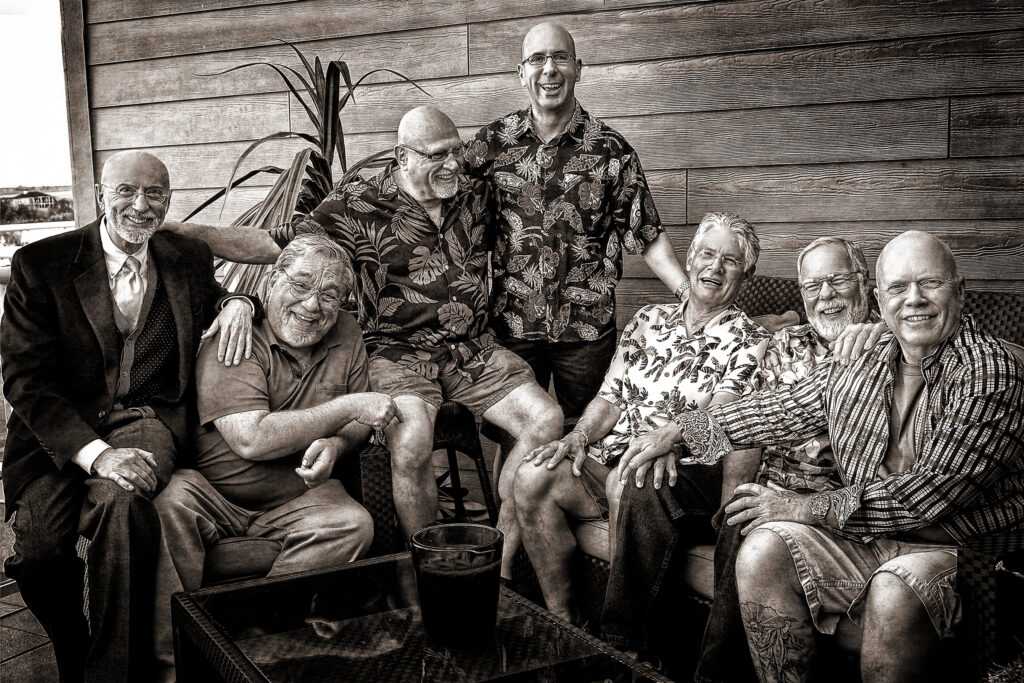
Recently, Mike, who I considered the ultimate sage of the group, planned a meeting at my home to bolster my will and celebrate our friendship.
The session was emblazoned with good cheer, lighthearted bantering, and, always a highlight for me, moments of personal insight.
Nearing the end of the gathering—after I had shared my desire to live long enough to witness Nita’s last breath—Duane caught me by surprise.
“I think there’s a silver lining to the last passage of your lives together,” Duane said.
My first impulse was to torch Duane’s notion. In what way could our living hell be a “silver lining”? But if I knew anything about Duane, he was not a dolt. On the contrary, he was graced with one of the sharpest minds I knew. I was missing something.
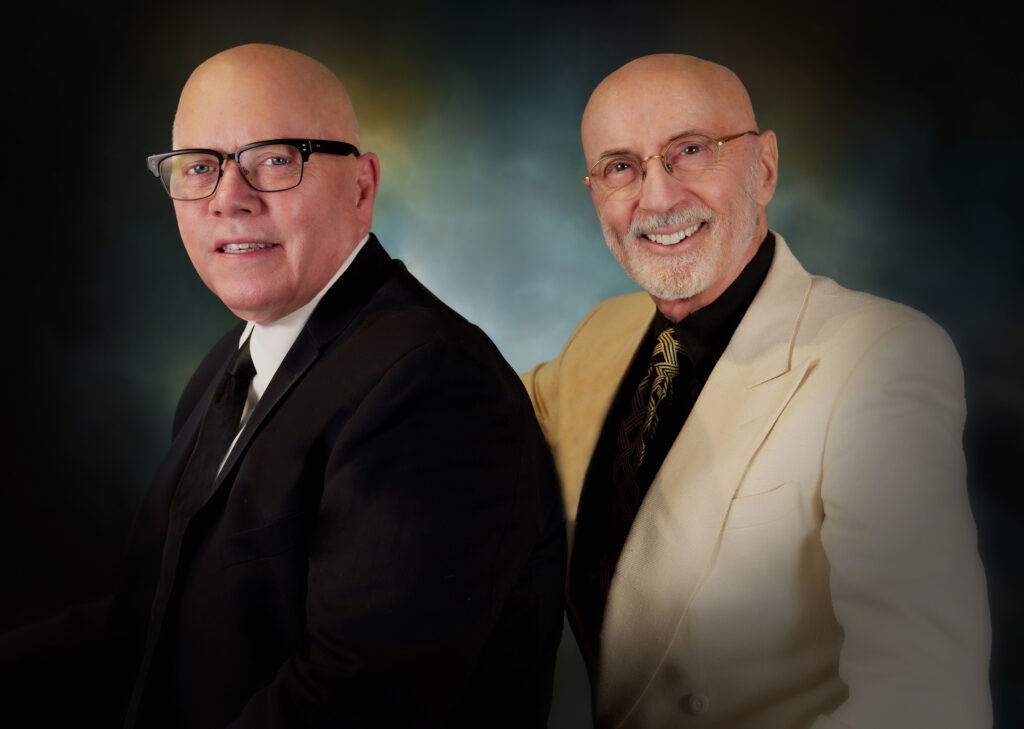
“Say more,” I said.
Duane shifted his body to face me directly. When he spoke, his tone was soft, nearly prayerful. “You remember Karen. You attended her funeral in 2016.”
“Of course,” I said.
Karen was Duane’s sweetheart and kindred spirit for twenty-five years. Whenever he was with her, he felt he was the best version of himself.
Duane continued. “To lose the person you love is daunting.” He paused. “No, that’s not the word. It’s dispiriting, even paralyzing. The grief is so great you wonder how you can manage to take another breath.”
I understood. “So, if you die near the same time, the ‘silver lining’ is never having to bear the pain of loss.”
Duane nodded. “Yes, but there’s another piece. While navigating this final chapter, you share each other’s pain—she hurts for you, and you hurt for her. It’s not one-sided. That mutual empathy is a gift.” He paused a beat. “Of course, a ‘silver lining’ is not a ‘golden lining.’ All we have is life. The ‘golden lining’ would be a second chance to contribute and even to love again. Although I don’t anticipate a second love, I believe I can leave a legacy. That potential doesn’t extinguish the grief—nothing can do that—but it does make it bearable.”
I slipped off my glasses and pinched the bridge of my nose to give myself a moment to think. “So either way—to die together or die one after the other—can be a blessing.”
“That’s especially true for you,” Duane said.
“How’s that?” I asked.
Duane punctuated his words with a tone of gravity. “Because you will always leave a legacy. Although it may be hard to believe it now, that’s the gift you bring to the world.”
***
On April 6, I had my fifth of eight infusions. As always, I was surrounded by an endearing medical staff at the Cancer Center: Payten, Shelly, Rebecca, Linda, and Hector. But the professional that added light to my condition was Michelle Froh, an oncology nurse practitioner. She visited me while two three-hundred-milliliter bags of chemicals were fed into my mediport.
“How are you doing?” Michelle asked.
“Not so hot,” I said.
“I know. I’ve read your chart. Tell me how you’re feeling.”
I took in a deep breath and let it slowly ebb. “It’s a combination of things. My head swirls, my chest pounds, my gut churns. The worst part is insomnia. I can’t drift off. I’m lucky to get two or three hours of sleep a night.” I stopped long enough to study Michelle’s penetrating eyes. “I keep hoping all of this will go away after chemo.”
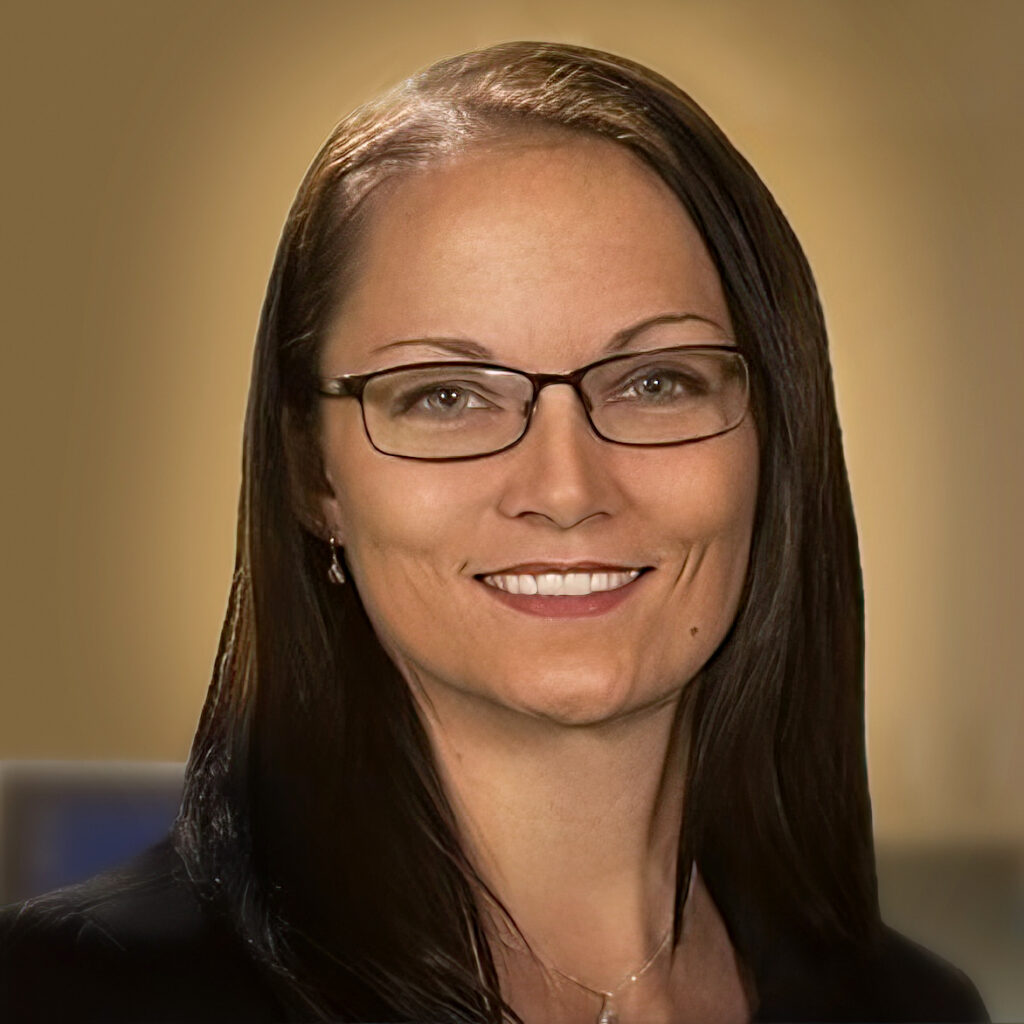
Michelle slipped off her mask, which I imagined was for my benefit—to allow me to capture the nuances of her words. “Allen, what you’re experiencing are not the side effects of chemotherapy.”
“What then?” I asked
“In a word, anxiety.”
“I know I had a panic attack,” I said, “but I thought it was short-lived—one bad night and I’m good to rock and roll again.”
“Anxiety can linger,” Michelle said. “And in your case, it’s not surprising. You’re facing two powerful existential threats—the end of time for you and your wife. That’s a heavy load, and your brain is at war with the idea.”
“This feels very strange,” I said. “If I have one merit, it’s always being in control.”
“This is not one of those times,” Michelle said. “You’re not in control.”
I pondered those four words. You’re not in control. My first impulse was anger. But the anger had no object to battle other than my ego. Suddenly, I realized my self-image was nothing more than a fabrication of my bluster and pride—something I no longer needed. I had another option: to let go.
The concept was so simple yet profound. Just let go. From that moment on, I had a new mantra.
I focused on Michelle. “Thank you,” I said. “I’m already breathing easier.”
***
That evening, I sat in the wheelchair alongside Nita’s bed. Her mind was scuttling in and out of reality.
“I’m worried about you,” she said. “What can I do to help?”
“It’s my time to help you,” I said.
“So, what’s my job?”
“I know you, Nita. You think you must be doing something, anything to help. But that’s not your job—not anymore. It’s time for you to let your caregivers and me help you.”
With brows furrowed, she slipped into a wave of lucidity. “I have to release and receive.”
I grinned. “That’s beautiful, honey. Release and receive. That’s exactly where you are. Release the urge to help and receive the aid with grace.”
Nita smiled. She seemed to understand. But Parkinson’s is a cruel master. Clarity can plunge into obscurity without warning. This was one of those dives.
“Where am I?” she asked.
“You’re in your bed,” I said.
“But where are you?”
“I’m here beside you?”
“But where’s your bed?”
I pointed my head at the king-size mattress two steps away. “My bed is next to yours.”
“But I want to be in your bed,” Nita said.
My heart tugged. “I’ll be sleeping right beside you.”
“No,” she said, the frustration building in her tone. “I want to hold you in my arms.”
A thousand embraces flashed in the movie of my mind—so many nights of tenderness.
I lowered the bedrail, sat on the side of her bed, and tucked my hands under her frail body.
“I want to feel you,” she said.
As I pulled her into my chest, I felt her hands slip around me.
“I love you,” she said.
I pressed my cheek against hers. “I love you too,” I whispered.
I felt a film of moisture against my jawline. I lightly drew back to find the dampness was the mingling of my tears with hers.
***
Duane honored legacy. Michelle dismissed ego. Nita pledged love. What better ways to move from darkness to light where the new master is one of contribution, release, and tenderness?

